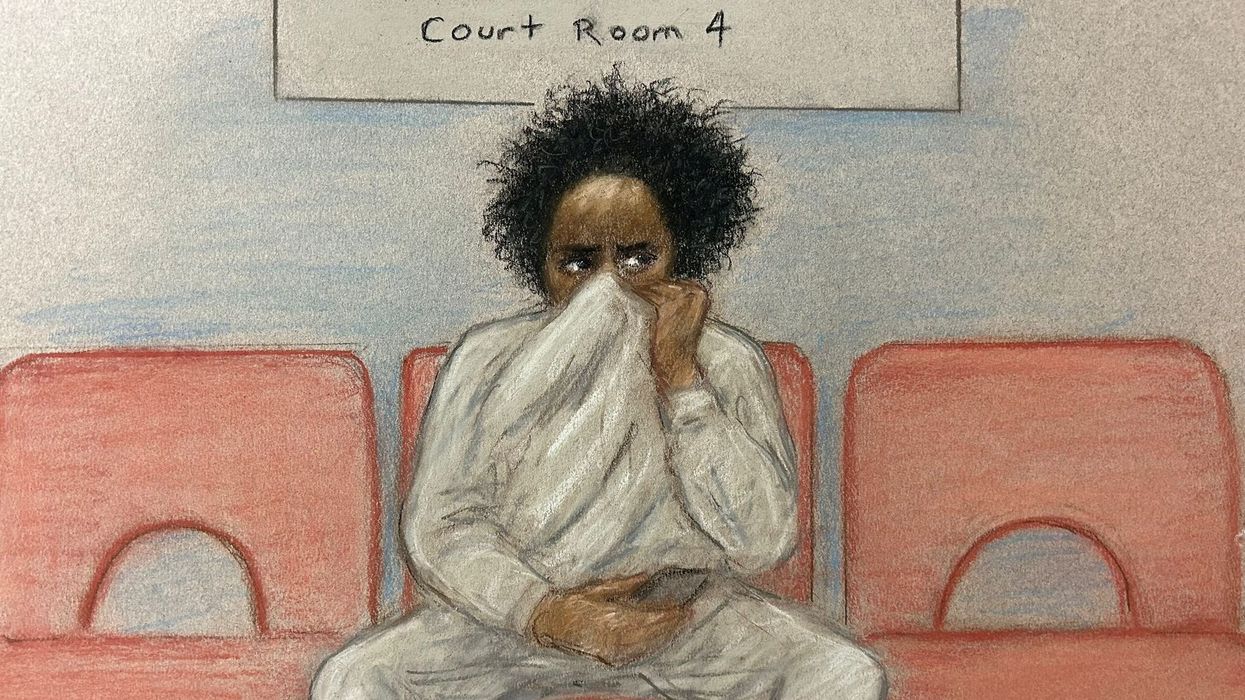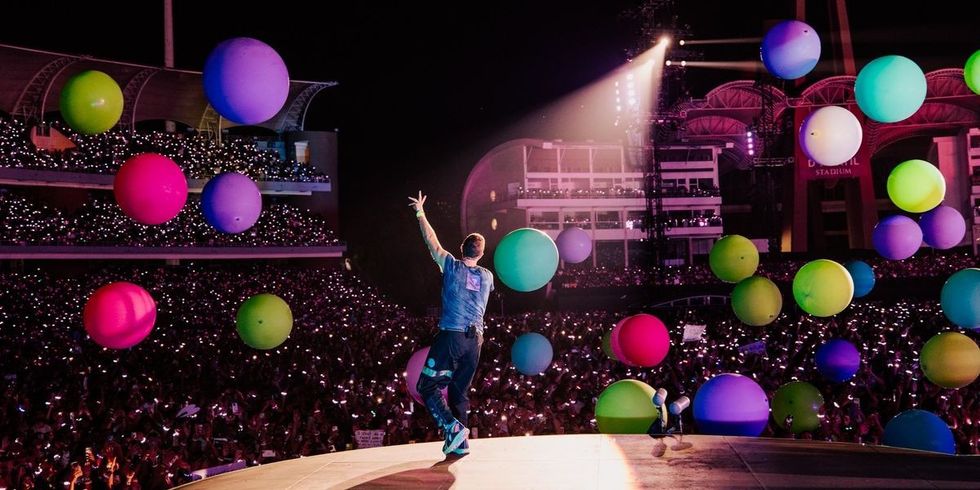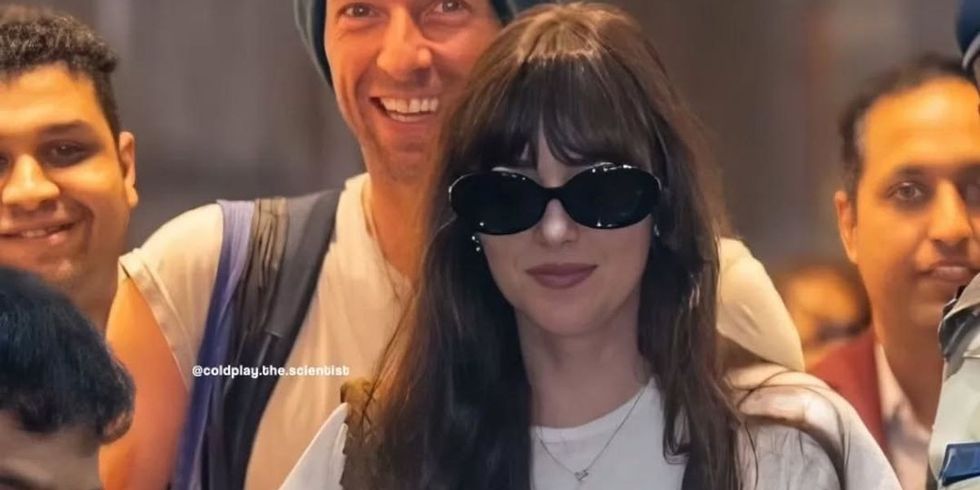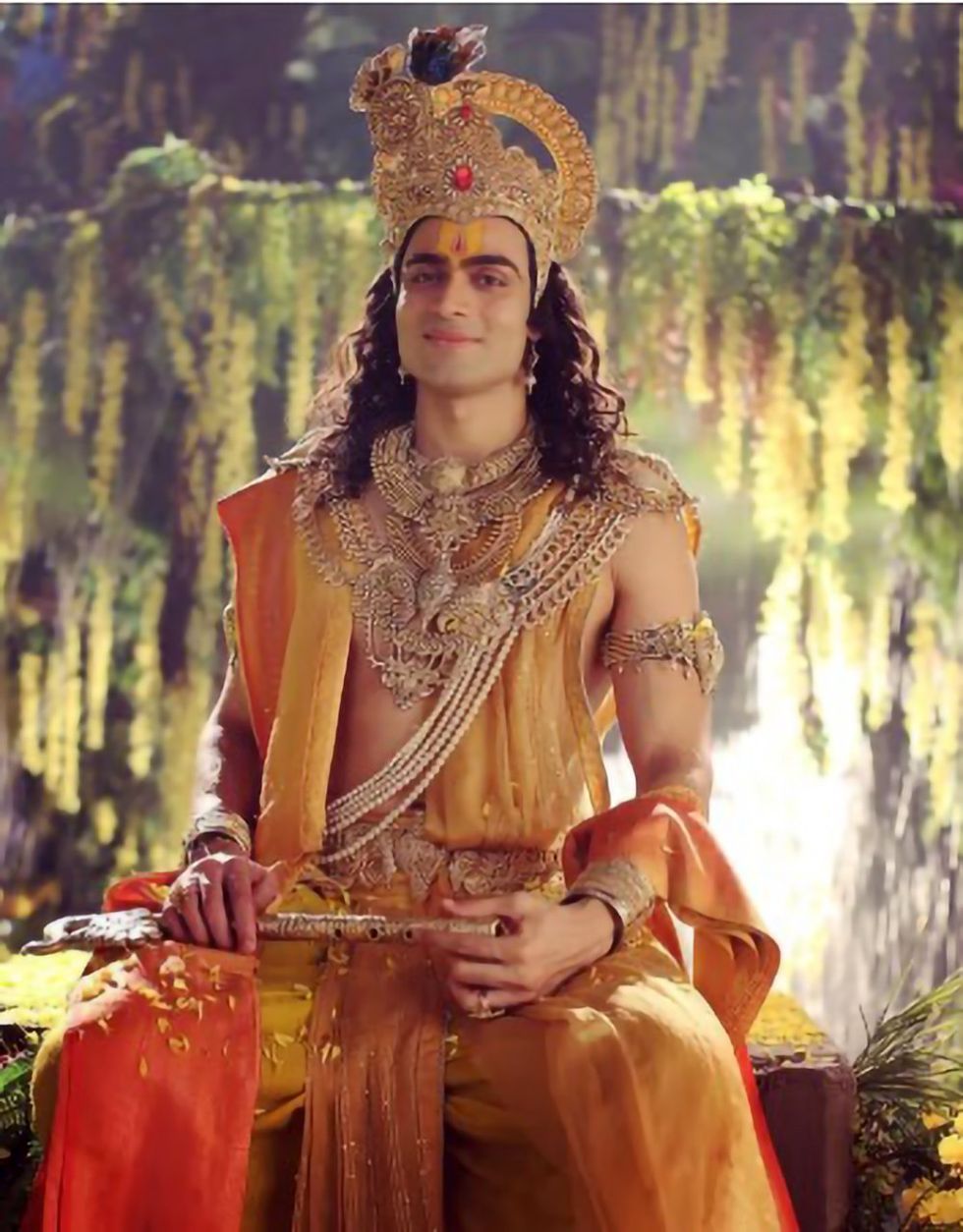LATE great composer and accomplished singer SD Burman is one of Bollywood’s greatest ever music icons. An incredible career saw him compose some of the best soundtracks in Hindi cinema history.
He mentored new talent, including his music maestro son RD Burman, who also became a legend. He was born on October 1, 1906, and passed away on October 31, 1975.
To mark his birth and death anniversary, Eastern Eye decided to celebrate his remarkable life with a playlist of his top 10 soundtracks, listed in chronological order. (There are many more that could have made the list).
Baazi (1951): Although SD Burman found success during the 1940s, he was disillusioned by the end of that decade and ready to quit Bollywood. Then, after teaming up with ace filmmaker Guru Dutt on his directorial debut, he delivered this star-making soundtrack filled with fabulous songs. This included Tadbeer Se Bigdi Hui Taqdeer Bana Le, which became a stunning super hit.
Taxi Driver (1954): He teamed up with the Navketan film banner, which had produced Baazi for this superb soundtrack filled with classic songs like Ae Meri Zindagi, Dil Jale To Jale, Dil Se Milake Dil and Jayen To Jayen Kahan, which became the most popular song of the year on the influential Binaca Geetmala radio countdown show. He became only the second person to win the Filmfare best music director award, for Taxi Driver.
Devdas (1955): The most definitive film adaptation of Sarat Chandra’s iconic novel had a strong collection of songs. He teamed up with ace lyricist Sahir Ludhianvi for top tunes that added an extra dimension to the movie. He gave songs like Ab Aage Teri Marzi, O Aanewale Ruk Ja and Manzil Ki Chah Mein a timeless quality.
Pyaasa (1957): It is no surprise that Pyaasa is regularly ranked as one of the greatest soundtracks of all time. The beautiful compositions fit seamlessly into the Guru Dutt-directed masterpiece. Top tracks like Jaane Kya Tune Kahi, Ye Duniya Agar Mil Bhi Jaye, Jaane Woh Kaise Log and Ham Aapki Aankhon Me gave the already beautiful film added depth. It also has the entertaining song Sar Jo Tera Chakraye, which has become iconic.
Kaagaz Ke Phool (1959): The magnificent movie and superb soundtrack were not initially appreciated, but over time became an important part of Hindi cinema history. Most of the songs were written by legendary poet Kaifi Azmi, including Waqt Ne Kiya Kya Haseen Sitam, which is regarded as one of the all-time great Bollywood compositions. Their picturisation elevated the songs to a higher level.
Guide (1965): In terms of film music, Guide comes close to perfection. The musically brilliant songs written by legendary lyricist Shailendra encompassed a wide range of emotions. Almost 60 years later, top tracks like Aaj Phir Jeene Ki Tamanna Hai, Din Dhal Jaaye, Gaata Rahe Mera Dil, Kya Se Kya Ho Gaya and Tere Mere Sapne still have the same beauty, impact and power. He would get a Filmfare best music director nomination and deserved to win.
Jewel Thief (1967): Although dynamic dance number Hothon Mein Aisi Baat is the standout musical moment in the soundtrack, Jewel Thief has plenty of other gems like the iconic Yeh Dil Na Hota Bechara. He wrapped his marvellous melodies around great lyrics and world-class vocals from the best singers in Bollywood.
Aradhana (1969): One of the greatest soundtracks in Hindi cinema history turned singer Kishore Kumar and actor Rajesh Khanna, whom the songs were filmed on, into huge stars. Terrific tracks like Mere Sapno Ki Rani, Kora Kagaz Tha Yeh Man Mera and Roop Tera Mastana were a major turning point in the evolution of Bollywood. SD Burman got a Filmfare best music director award nomination and surprisingly didn’t win. But he did get a National Award for best male playback singer for the song Safal Hogi Teri Aradhana.
Zindagi Zindagi (1972): The music for this classic starring Sunil Dutt and Waheeda Rehman didn’t get the credit it deserved. It represents many hidden gems across Bur[1]man’s body of work where the songs were forgotten because the film didn’t do well. It did get him a National Film Award for best music director and included songs like Zindagi Ai Zindagi and Piya Tune Kya Kiya Re, which he sang in his unmistakable voice.
Abhimaan (1973): The stunning story of a singing couple demanded superb songs and SD Burman delivered. He combined classical and commercial music on timeless compositions that still sound fresh 50 years later. Singers, in particular Lata Mangeshkar, elevated lyrically rich tracks like Tere Mere Milan Ki Yeh Raina, Meet Na Mila Re Man Ka, Piya Bina Piya Bina and Ab To Hai Tumse to a higher level. Burman would win another Filmfare best music director award for the soundtrack.






 A collage of the accused in Saif Ali Khan’s stabbing case and the wrongfully detained suspect
A collage of the accused in Saif Ali Khan’s stabbing case and the wrongfully detained suspect











 Blake Lively stuns at the premiere of It Ends With UsGetty Images
Blake Lively stuns at the premiere of It Ends With UsGetty Images 
 Coldplay electrifies Mumbai with an unforgettable concert experienceInstagram/coldplay
Coldplay electrifies Mumbai with an unforgettable concert experienceInstagram/coldplay  Coldplay kicks off India tour with memorable moments at Mumbai concert
Coldplay kicks off India tour with memorable moments at Mumbai concert Chris Martin, Dakota Johnson stroll Mumbai streets after Coldplay concert
Chris Martin, Dakota Johnson stroll Mumbai streets after Coldplay concert Diljit Dosanjh Shares Pics With Ed Sheeran From Mumbai ConcertInstagram/diljitdosanjh
Diljit Dosanjh Shares Pics With Ed Sheeran From Mumbai ConcertInstagram/diljitdosanjh  Major Lazer’s Jillionaire, Walshy Fire, and Diplo bring the heat onstage during a concertGetty Images
Major Lazer’s Jillionaire, Walshy Fire, and Diplo bring the heat onstage during a concertGetty Images 

 Dwivedi in Shiv Shakti
Dwivedi in Shiv Shakti